Mild Hybrid. Two words that we are used to reading often about cars.
The light hybrids in fact, as they are translated into Italian, they are spreading like wildfire.
From the smallest and cheapest on the market to top-of-the-range flagships, from simple 12 Volt systems to the more complex 48.
There are manufacturers that celebrate these versions with great fanfare and others that, without saying anything, add a hybrid component to their “traditional” engines.
All clear, all beautiful.
But these systems, what are they for? Are they really advantageous for consumption and the environment? Are they just "tax advantages"? Or are they really useless?
Let's see together the merits and criticisms leveled at the mild hybrid, an increasingly topical topic.
Warning: there are not only black and white in this story, the shades of gray are many!
READ ALSO: Km0 cars: what are they? Do you really save money? | Auto For Dummies
What are mild hybrid cars?
We have already talked to you on the pages of Tech Princess of the Mild Hybrid cars, in an episode of our famous one Auto For Dummies dedicated to the world of hybrid cars.
For a complete examination of all hybrid systems and in particular mild hybrids, I refer you there.
Hybrid cars, what are they and how many are they | Auto For Dummies
Today, however, I will give you a little review of the technology behind the mild hybrid.
Light hybrids have a powertrain, or a set of engines, consisting of a main thermal engine (which can be petrol, diesel, even LPG or methane) and a small electric motor.
This electric motor is connected to a small lithium-ion battery, and replaces the starter motor and alternator in one go. So it also has the task of recharging the battery and powering all on-board systems, as well as storing energy inside the battery.
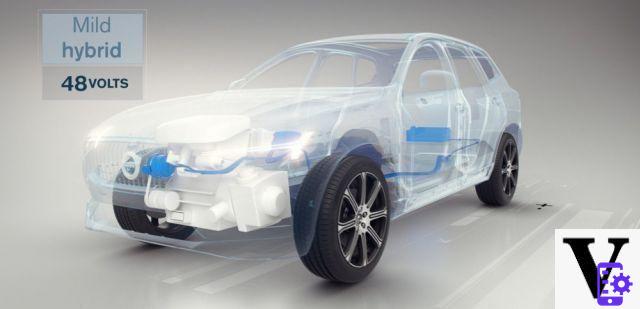
This “small” engine does not reach an average of 10-15 HP of power, ranging from 5 of FIAT Panda Hybrid to over 20 of Audi A6 TDI or similar.
It therefore does not have the necessary power to move the wheels by itself.
What is it for then?
To help the heat engine in moments when this, by its intrinsic nature, makes it difficult to move the car. When restarting from a standstill, for example, at low rpm, or when full power is required from the engine.
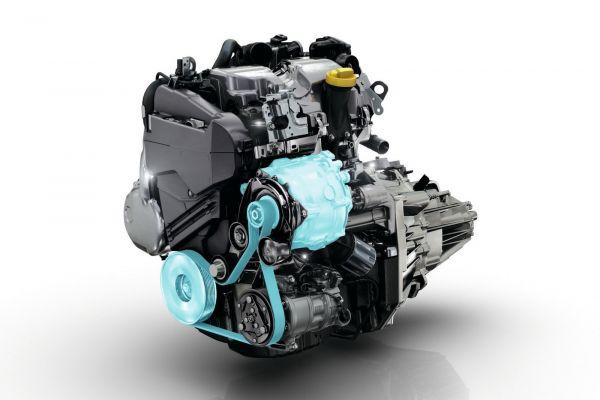
From a mechanical point of view, the lightweight hybrid system can be connected to the engine in two ways.
The cheapest way is to mount it as if it were a classic alternator, i.e. connected to the engine via a belt. This system is called BSG (Belt Starter Generator), and is almost adaptable to any engine in circulation, and to both manual and automatic models, as well as being quite economical.
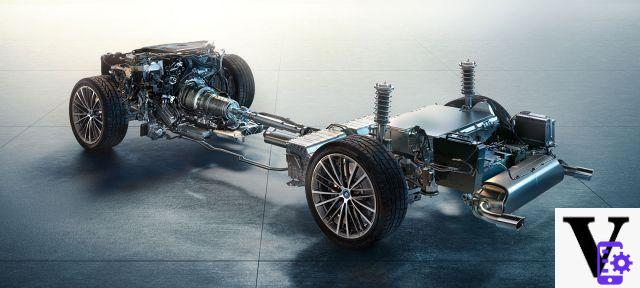
The second system is more complex, and is called ISG (Integrated Starter Generator). In short, this system requires the electric motor to be placed inside the gearbox, usually automatic. This system is more expensive, but typically uses more powerful, and more efficient, motors.
What are the tasks of the electric motor on a mild hybrid car?
Let's quickly recap together what the tasks of the hybrid system are on a mild hybrid car.
- Electric motor replaces alternator and starter motor, allowing a lightning-fast Start & Stop system without vibrations or clicks.
- The electric motor it recovers energy during release and braking, sometimes in a very noticeable way.
- This energy goes to power the on-board systems, and it comes stored in the battery lithium-ion hybrid system.
- The energy collected is finally used by the electric motor for help the heat engine when it is hardest: when restarting from standstill, during shooting, at full load or when the engine is at low revs.
Is a mild hybrid a "real" hybrid? By the law… yes
We come to the fateful question that many of you will be asking: are mild hybrids "real" hybrids?
The answer is simple: No..
In fact, the electric motor is never able to move the car by itself. It can support the heat engine, it can make up for its moments with less torque and power, but it will never be able to carry you around even for a few meters.
This also makes them semantically different from classic hybrids.
But it would also be wrong to ask him: the system is not born for this!
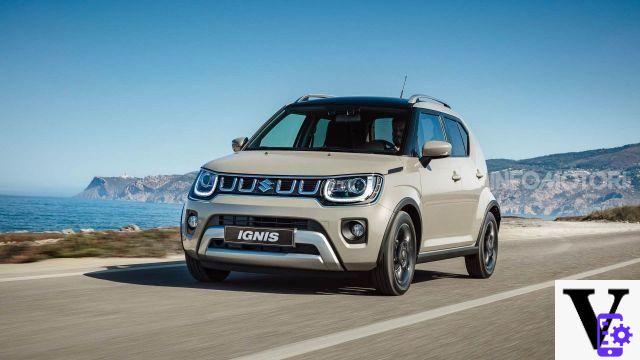
But be careful: if from a technical and engineering point of view mild hybrids are not comparable to real hybrids, for the Italian legislation, at the moment, they are.
According to Italian laws, in fact, nothing changes between a Toyota Prius, a BMW i8 or a Suzuki Ignis Hybrid.
They are all hybrid in the same way. And as hybrids, they enjoy the same tax advantages.

And what are we talking about? Of free parking on the blue lines in different cities (upon registration or notification, please!), Of free passage, or almost, in the ZTL and, above all, various facilitations regarding the payment of bollo ed ..

If the "discount" for the insurance depends on the company you are addressing, for the stamp duty the concessions vary according to the Region of residence.
In Lazio and Veneto, for example, tax is not paid for 3 years, while in Liguria for 5 years. In Piedmont, 5 years only for hybrids with less than 136 HP.
To find out more, go and look for the page on tax exemptions for your region of residence.

Last but not least, let's touch the subject government incentives. A few days ago, eco-bonuses were also open to thermal cars with emissions of less than 110 g of CO2 per km, which for this range reach 3500 euros.
And guess which system lowers CO2 levels on thermal models? Yes, just him, the mild hybrid.
There are many light hybrid models that take advantage of the eco-bonus, from small ones FIAT Panda e Suzuki Ignis to sedans like BMW 320d, or SUV like Ford Puma.
The secret advantages of mild hybrids that answer all the criticisms
Like all novelties, the mild hybrids also drew against them many criticisms.
From those who label them as totally useless, to those who don't understand if they have real advantages, to those who just don't consider them.
I must admit that at the beginning of the diffusion of these systems I was quite skeptical.
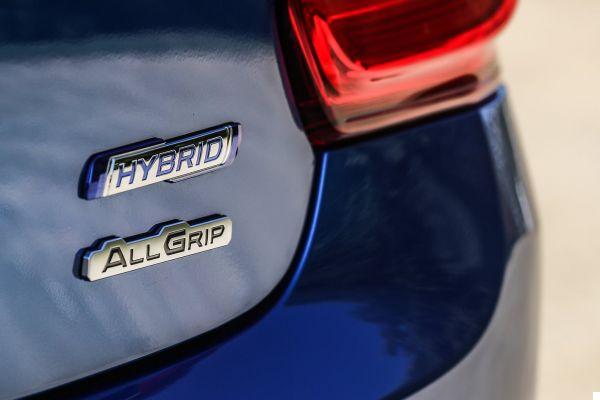
“What can 10 CVs bring? It will only be a tax issue ”.
Certainly, there are systems that bring little or no tangible advantage, as in every area there is a solution that is worse than others.
But thinking about it better, thinking about it and above all trying various cars of this type, I realized that this type of solution brings several advantages, let's say, "hidden" at a first quick glance.
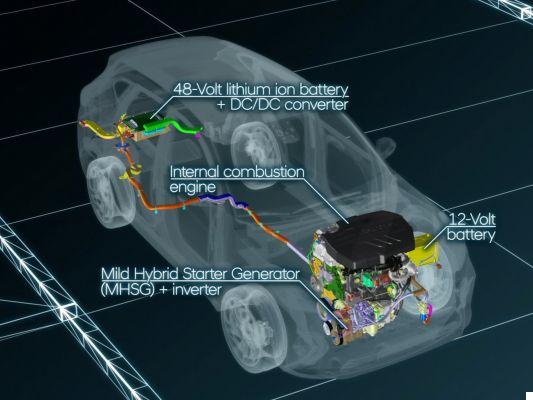
Meanwhile, a mild hybrid system is quite light and cheap to make. This means that when it runs out, there are no 2-3-400kg of batteries and electric motors to carry around, all to the advantage of performance and efficiency.
Of course, these systems usually weigh around 50, maximum 80 kg, but if you eliminate the alternator, starter motor and batteries suitable for Start & Stop, in the end, the disadvantage does not exceed the weight of a child!
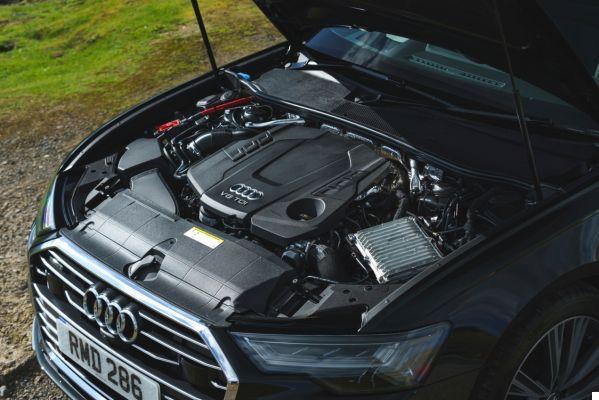
Secondly, these systems are the key to allowing the survival of two things that enthusiasts are very close to: the thermal engines and the manual gearbox.
Thanks to a small electric motor, in fact, theoretical and even real emissions are significantly lowered, without completely eliminating petrol or diesel engines.
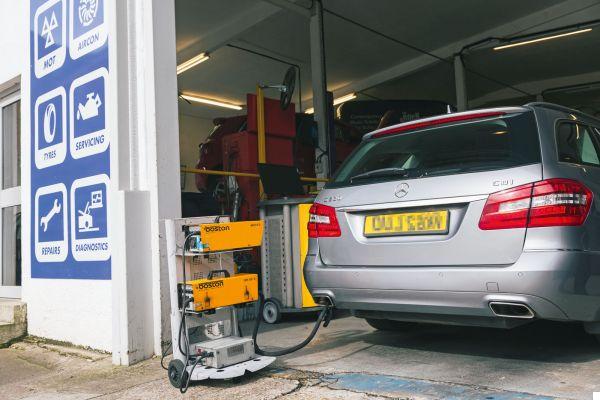
It is a fact that, with the same model, a mild hybrid engine consumes but above all emits less CO2 than a petrol-only or diesel-only car.
Precisely the beloved-hated diesel engines are the first users of these systems: thanks to them, the already very clean modern diesel fuels emit a negligible amount of carbon dioxide when compared to the same versions of 10 years ago.
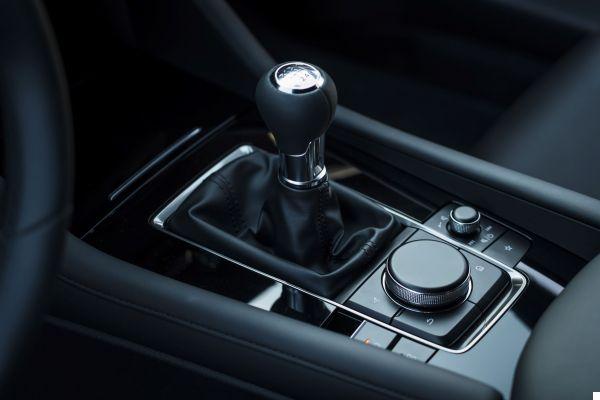
As regards the manual transmission, well, if on pure and obviously electric hybrids the automatic is a must for the perfect combination of the thermal part (if present) and the electric part, on the Mild Hybrids nothing prevents you from having a manual gearbox, indeed.
If you are a proponent of this kind of change, there is still hope. There are for example models like the Mazda 2, 3 and CX-30, which they offer Mild Hybrid and state-of-the-art manuals. Yes please.
The electric motor, the thermal's best friend
The phrase is certainly a provocation, but it contains a hidden truth that few of those who criticize these systems know.
The heat engine, in fact, by its intrinsic nature does not have a linear power curve.
Both in naturally aspirated engines and, to an even greater extent, in turbo engines, to reach maximum power you have to wait for a certain number of engine revolutions to have maximum power and, above all, maximum torque.
While power is important in determining how fast a car goes, torque determines how quickly a car picks up speed.
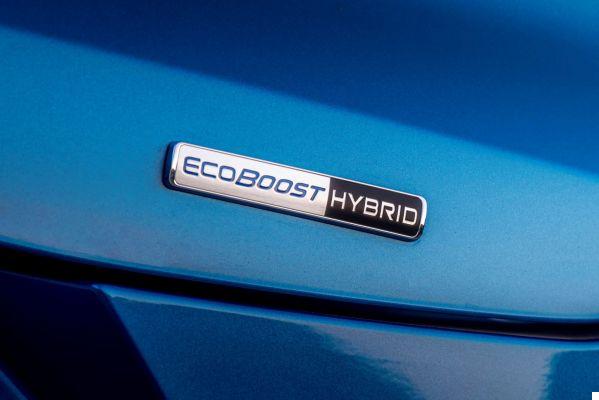
Electric motors, on the other hand, do not have this problem, quite the contrary: they deliver power and torque from 0 rpm, right away, and are rich in torque. In fact, a 10 HP engine corresponds to about 50 Nm of torque, a really not bad boost.
In this way, you understand that the advantage of a mild Hybrid system is just that: be able to fill the power gaps in the engine, managing on the one hand to alleviate the work (and therefore reducing consumption), and on the other hand to give a nice extra boost in difficult moments.
Habemus fluidity and zero vibrations
We are not just talking about better driveability on the move.
An electric motor instead of the starter motor significantly improves the Start & Stop system.
This device, which has now been on the market for over 10 years, is criticized by many for its slowness in restarting the engine in agitated moments, and in the vibrations resulting from restarting.
Well, with a more powerful and electric motor, ignition is almost instantaneous, and the vibrations are totally attenuated.
Many mild hybrid cars, then, use the electric motor to make the most of the sailing.
In fact, by releasing the accelerator at speed, the system keeps the thermal engine at a minimum, reducing fuel consumption, and switching it off directly below 15 or even 30 km / h, making the car move forward by pure inertia.
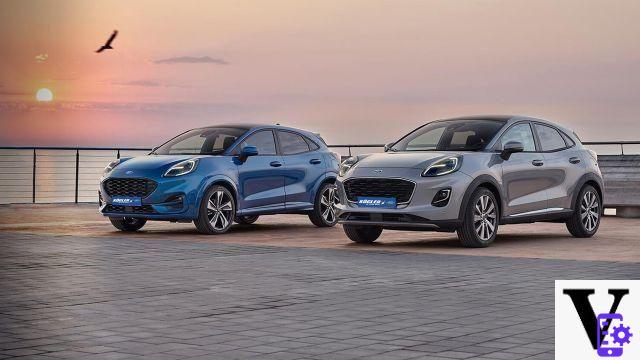
The last aspect to consider is the fluidity.
I noticed on Ford Puma and especially on Mazda CX-30 that the electric motor has made the heat engine less rough, more elastic and fluid.
On Puma, for example, the vibrations of the 3-cylinder Ecoboost are almost non-existent, and the recovery is very fluid since just over 1000 rpm. Indeed, on the 155 hp version the hybrid system is even more useful.
To get all that power out of a small 1.0 three-cylinder, Ford fitted a very large turbo, which would have greatly increased turbo lag.
Thanks to the 50 Nm of extra torque of the electric motor, however, the turbo lag is almost unnoticeable. and in this way we have a turbo engine so driven that it is also fluid and regular.
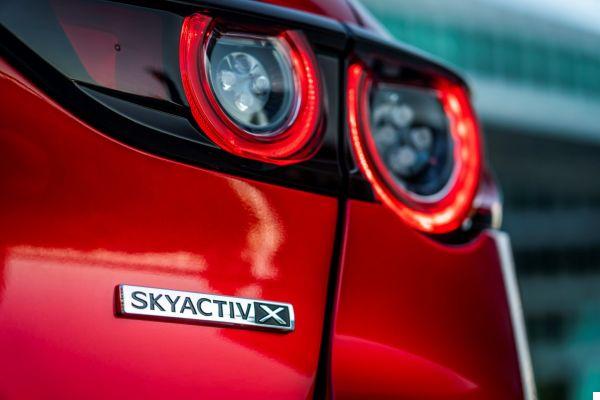
Even more important is the role played on Mazda's innovative SkyActiv-X.
The gasoline engine that works like a Japanese diesel, in fact, due to its particular operation, uses cushioned bench supports and, to avoid unpleasant roughness at low revs, the electric motor helps the thrust and relieves the engine from the work.
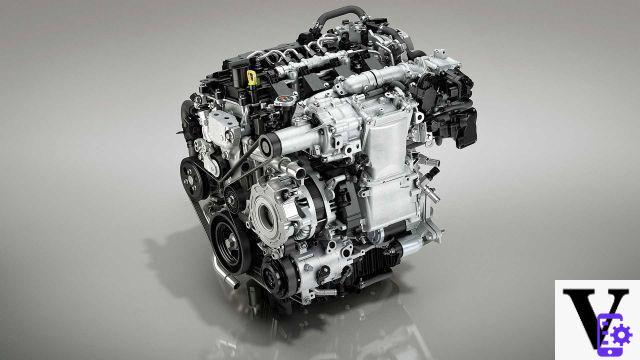
The result? A truly smooth, vibration-free engine with a smooth power curve across all revs.
To learn more about the new technology by Hiroshima, I refer you to our in-depth article on the new SkyActiv-X.
READ ALSO: Skyactiv-X: how the revolutionary Mazda engine works
A maintenance aid: fewer components, less hassle
The last “hidden” advantage is that linked to maintenance and durability of the car.
Having a second motor can be scary, as can having a lithium-ion battery.
However, these concerns are contradicted by the electric experience of the last 10 years, and the hybrid one of the last 20.
The Toyota hybrid system, for example, proved to be incredibly reliable and long-lasting, especially in the electrical component. Pure electric motors, on the other hand, have proved to be extremely reliable, as evidenced by the hundreds of Tesla with over 400 km without the need for engine maintenance.
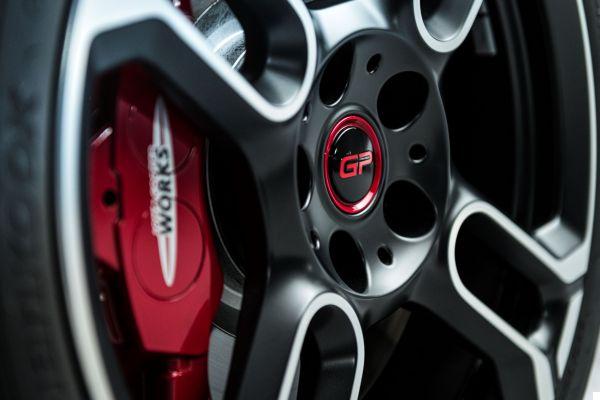
Therefore, the elimination of alternator and starter motor, notoriously two fragile components, replaced by a single very reliable electric motor can bring several advantages in the long-term maintenance of a mild hybrid car.
But that's not where the electric motor helps.
In fact, as we said previously, the system recovers kinetic energy during release and braking.
During the release phases, all these systems, some more or less, slow down the car like a powerful engine brake.
Some models slow down in a really important way, allowing you to make a lot of city slowdowns without touching the brake pedal.
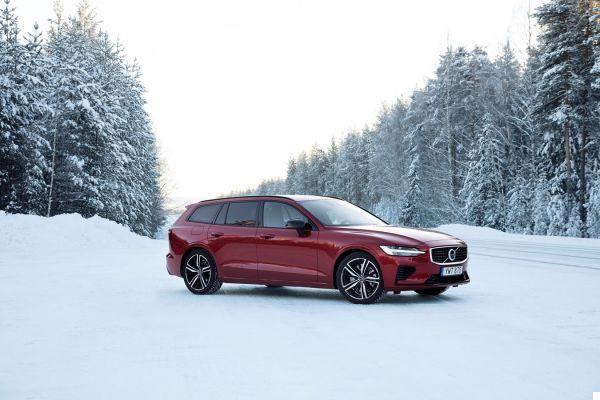
This means that pads and discs are called into question much less often than a similar car without a hybrid system. It may seem like a little, but in the long run it is a nice saving, and a nice safety advantage since you will have efficient brakes for longer!
The Mild Hybrid is the only future… for heat engines
We have come to the end of this reflection on mild hybrid systems.
This type of motorization is becoming more and more popular and chosen by customers.
Its simplicity, its relatively low cost and its ease of use find many admirers.
Of course, for those who dream of electric mobility it is still not enough, but for those who love engines and look at them with distrust, I recommend this reflection.
All of us enthusiasts love internal combustion engines. It is inherent within us to love them, and prefer them to electric motors, so aseptic and without sound.
However, there is no doubt that the necessary limitations on emissions will make life increasingly difficult for our beloved thermal engines. How to save the species?
A Mild Hybrid system limits pollutant emissions, making many engines fall within the “good” ranges.
It is then able to fill the power and torque gaps of the thermal engine, without adding excessive weight, and giving the possibility to save the manual gearbox from extinction.
If you think about all these components… the Mild Hybrid doesn't seem so bad, quite the opposite. it will make more and more sense to you.
I want to see if you will still label it as "the fake one"Or"the wrong one"...
Discount
 Meguiar's G13616 Dashboard and Interior Cleaner, 473 ml
Meguiar's G13616 Dashboard and Interior Cleaner, 473 ml
- Safely cleans all internal surfaces
- With Meguiar's Permanent Odor Elimination Technology
- Restores and protects the original appearance.
 Meguiar's Professional Auto Spray Wax Wet and ...
Meguiar's Professional Auto Spray Wax Wet and ...
- Hydrophobic polymer technology that guarantees extreme water protection that lasts for weeks
- Spray wax that leaves no whitish residue
- Quick and easy to apply spray wax: spray on the paint and then remove the excess with a cloth
 LEGO Speed Champions Nissan GT-R NISMO, Toy ...
LEGO Speed Champions Nissan GT-R NISMO, Toy ...
- A chance to own a detailed LEGO replica of the legendary Nissan GT-R NISMO
- Includes a buildable Nissan GT-R NISMO and 1 collectible minifigure in a Nissan racing suit
- The mini-version of the Nissan GT-R NISMO can be built and displayed or used to participate in exciting ...
















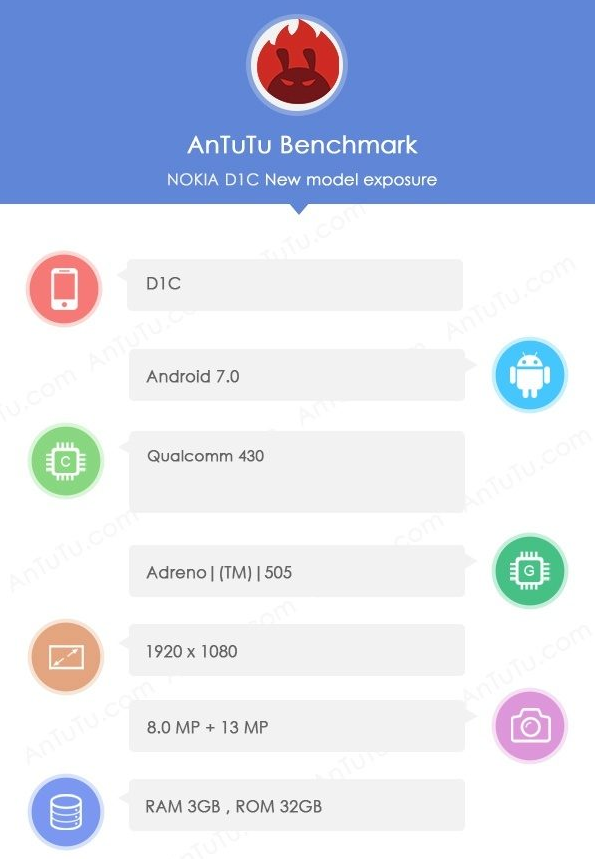



![[Review] Samsung Powerbot VR7000: the robot vacuum cleaner from Star Wars](/images/posts/6bc44de38605b5c0fa12661febb1f8af-0.jpg)





